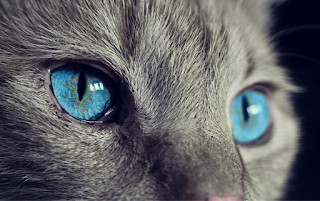Should police use facial recognition technology?

Advanced lesson plan (B2 and above): Should police use facial recognition technology? - BUY ME A COFFEE if you like my FREE ESL content Ever noticed Facebook is able to identify the people in your photos, even before you've tagged them? Facial-recognition algorithms compare features against vast databases and return matches. But, in the hands of police, is the technology disturbingly intrusive and even racist? Or is it an indispensable tool for catching society's worst criminals? In this B2+ worksheet, students will study the difference between "like" vs. "as", learn lots of face-related phrases and watch a video about facial-recognition technology being used by London police. Educational materials shouldn't be paywalled. Show your support for my ESL content by buying me a coffee! Lesson objectives: 1) To match six face-related phrases to the appropriate pictures (face lift, to face down, to face off, poker face, to face away, in your face!)


